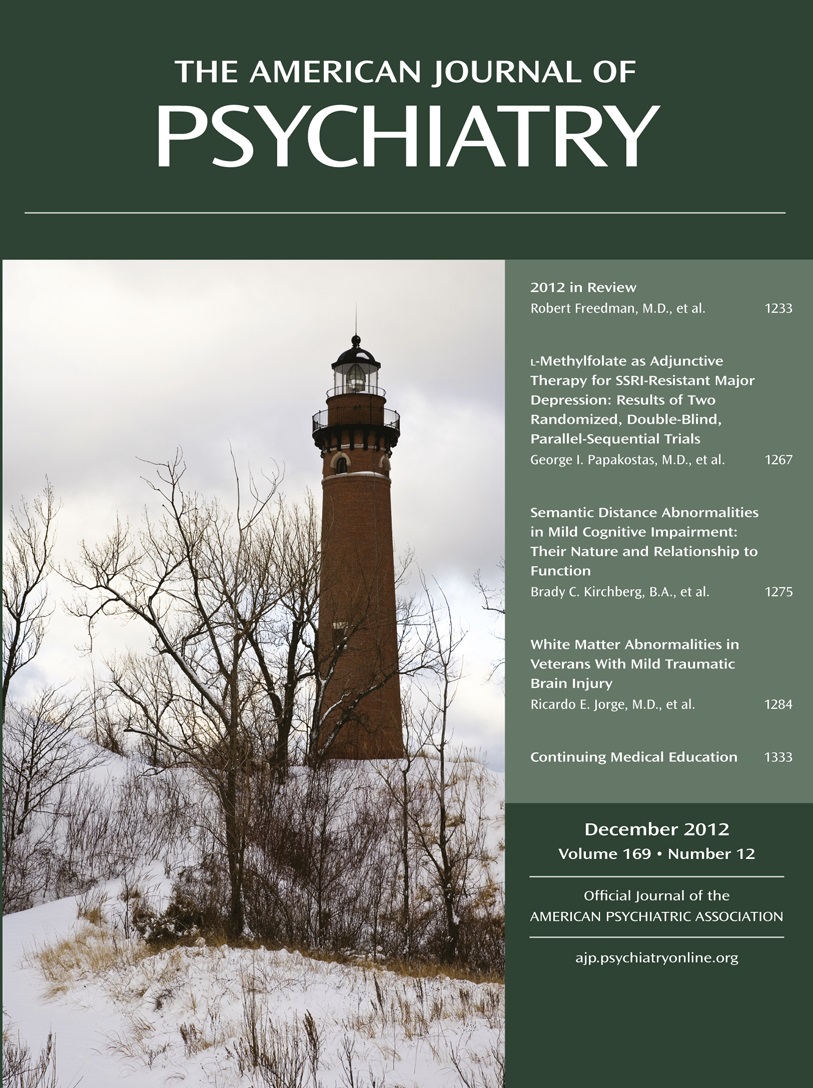In Bring up the Bodies, Hilary Mantel’s addictive sequel to her blockbuster historical novel of Tudor England, Wolf Hall, the action picks up precisely where it previously ended. The narrative is again threaded—with the uncanny immediacy to which readers of Wolf Hall have become adjusted—by a nameless third person, within the mind of Thomas Cromwell, Master Secretary to King Henry VIII and a growing blood enemy of Anne Boleyn. The two are nearly equally matched in their bloodthirstiness, as they are bookends in craftiness. Cromwell, a scrappy survivor of a hellish, abusive Renaissance childhood, who has become a careful and relentless master plotter, is also urbane, likable, charming, and charitable. In Mantel’s rendition, Cromwell is a man of fierce loyalty who works swiftly to defend himself from Anne’s antagonism as soon as he perceives her ruthlessness and greed for power. He fights her to the bloody, predatory death throughout the novel.
Make no mistake; this is a novel of revenge, calculated inexorably by Cromwell. The “bodies” in the book’s title represent Anne’s putative lovers. All have treated Cromwell with disdain and as a commoner among nobles. All earned their gruesome deaths by their participation in the masque, portrayed in Wolf Hall, in which a horrified Cardinal Woolsey, Cromwell’s father figure and protector, was dragged to a staged hell after being disemboweled amid a jeering crowd. These actors pay dearly here, 6 years later. At the beginning of the book, we find Cromwell engaged in introducing Henry to Jane Seymour, portrayed as Anne’s opposite in her simplicity.
This is a book so rich that the reader will not want it to end; mature readers will await volume 3 with the fevered, obsessive excitement and bated breath of the Harry Potter faithful. Yet the story is not new. The tale of Henry Tudor is a history so universally compelling that it has become part of England’s identity myth, the stuff of creepy nursery rhymes (“divorced, beheaded, died, divorced, beheaded, survived”). Henry VIII was larger than life, a visionary across religious, philosophical, political, and artistic domains, yet he suffered from escalating marital problems and rising desperation in his search for a male heir. He is no innocent here, despite his bluff informality. Because he is king, others will suffer and die as a result of his narcissism and failures. The story has been repeatedly rehashed in histories, romances, and movies. It is the grandest, most gruesome of marital failures. For yet another historical novel to offer such innovation in recounting the fall of Anne Boleyn—the most controversial of Henry’s queens, mother to Elizabeth I, and the woman for whom Henry chose to separate from Rome and found the Church of England—the power is all in the telling.
Psychological conflicts steep: the eternal inequality of male and female sexual desire on so skewed a scale that inevitably women pay unacceptable prices for thwarted male callowness and vanity, the equally eternal snobbery of the gentry toward their inferiors, and the endless psychology of minute differences that underlie wars and blood feuds.
The narrative is poetic, each sentence redolent with multiple meanings. At every turn, Mantel infuses her writing with her love of the English countryside and its spooky ancient greenness impregnated with its palpable ghosts and mythical wood sprites. The past breeds the present; the dead speak powerfully to the living; and history is shaped by what went before as much as by present preoccupations. This is a book in which man’s belief in magic from England’s druidic past, through the codified rules of Christianity, plays a central role.
The story of volume 3 is predetermined, yet we keenly await its publication.

